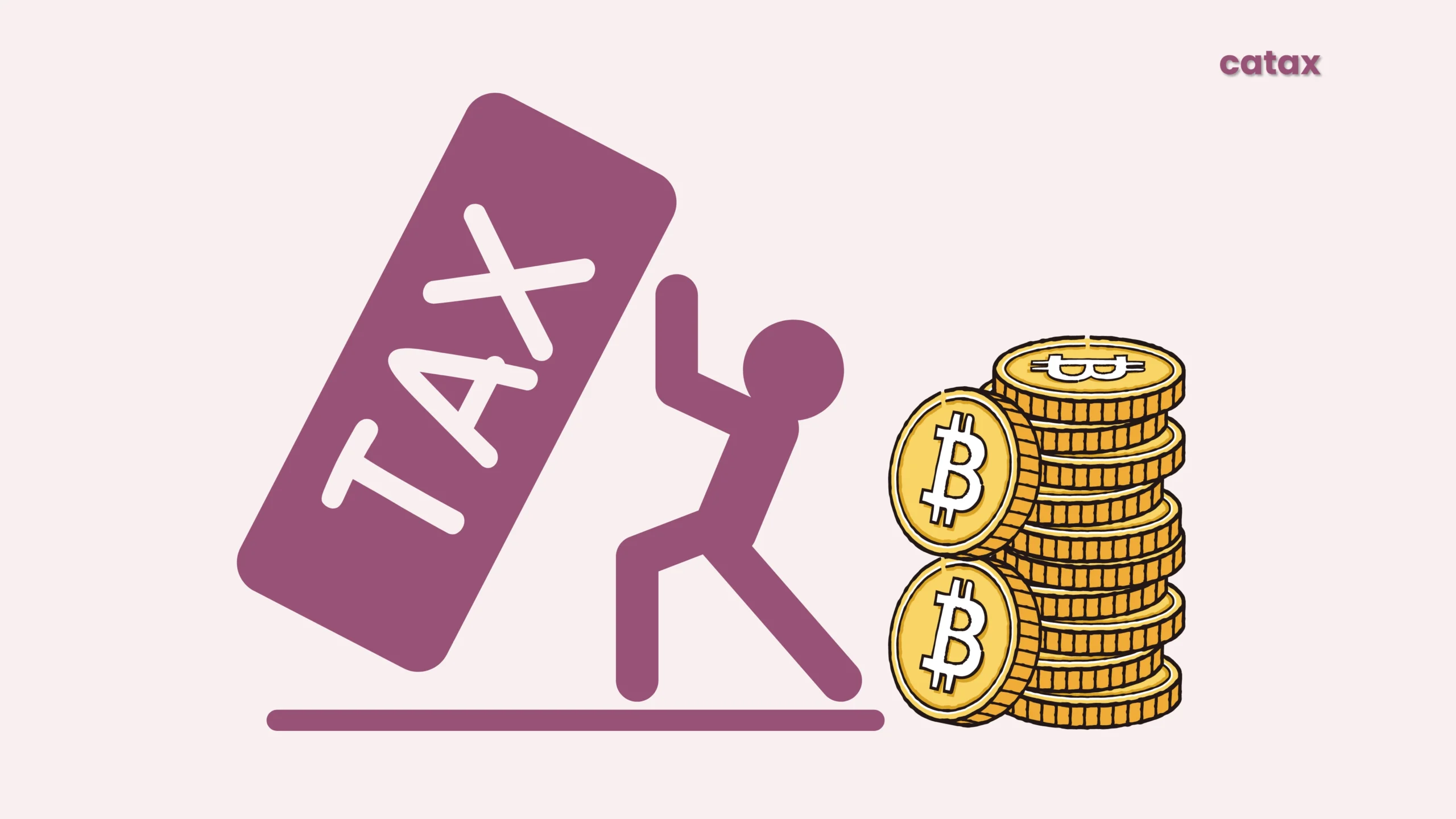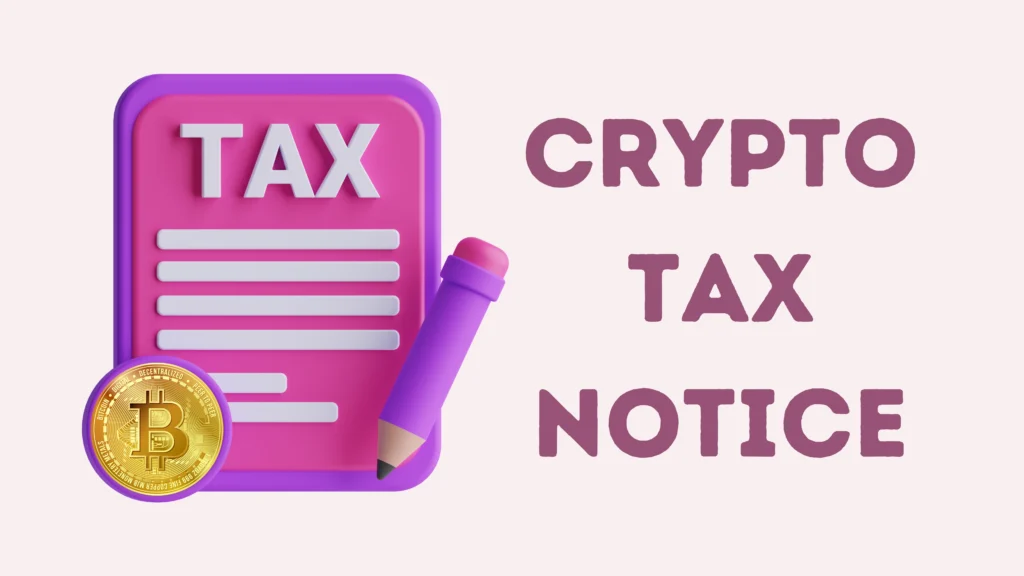In the changing world of money, cryptocurrencies have become very popular among investors worldwide. But as more people invest in digital currencies, tax authorities are also paying more attention. In India, how cryptocurrencies are taxed is a big topic that investors want to understand better. This blog aims to explain the tax rules for cryptocurrency transactions in India, so investors know how it affects them.
What are Cryptocurrencies?
Cryptocurrencies are like virtual money that use special codes to stay secure and don’t rely on big banks. They work through a system that’s spread out across the internet. Bitcoin, Ethereum, and Ripple are some of the most well-known cryptocurrencies. They’re different from regular money because they’re digital and use something called blockchain technology. When it comes to taxes, it’s important to remember that governments are making rules about how to tax cryptocurrency transactions.
Is Crypto a ‘Currency’ or an ‘Asset’?
The type of cryptocurrencies as a ‘currency’ or an ‘asset’ is pivotal for tax purposes.
In India, cryptocurrencies aren’t seen as regular money. Instead, they’re seen as digital assets, like stocks or property. This means they’re taxed similarly to other assets.
Is Crypto Taxed in India?
Yes, gains from cryptocurrency are taxable in India. Additionally, the government’s authentic stance on taxation on cryptocurrency was clarified within the 2022 Budget.
How is Cryptocurrency Taxed in India?
In India, if you make money from trading digital currencies like Bitcoin or Ethereum, you have to pay taxes on it. Here’s how it works:
- The government taxes the profits you make from trading digital currencies at a rate of 30%, plus an extra 4% cess. This rule comes from a part of the tax law called Section 115BBH.
- Starting from July 1, 2022, if you transfer digital currencies and the total amount exceeds ₹50,000 in a year (or ₹10,000 for some individuals), you have to pay a 1% tax right at the time of the transaction. This comes from another part of the tax law, Section 194S.
- This tax rule applies to everyone who trades digital currencies, whether you’re doing it for yourself or as a business.
- The tax rate remains the same whether you earned your income quickly or over a long period, and it applies to all the money you earn from digital currencies.
In addition to the 30% tax, if you sell digital currencies worth more than ₹50,000 (or ₹10,000 in some cases), you also have to pay a 1% tax at the time of sale.
To make figuring out your taxes simpler, you can use a crypto tax calculator.
Quick Points on Crypto Tax:
- Starting from April 1, 2022, there’s a 30% tax on the money you make from digital currencies, according to Section 115BBH.
- Starting from July 1, 2022, there’s a 1% tax when you transfer digital currencies, according to Section 194S.
- You can’t lower your tax by claiming deductions, except for what you initially paid for the digital currencies.
- You need to report your digital currency gains under “Schedule VDA” when you file your taxes.
So, if you’re into trading virtual cash, consider those points to hold your taxes looked after.
Which Crypto Transactions are Liable to Tax in India?
If you engage in any of the following transactions, you must pay a 30% tax:
- Spending cryptocurrencies to purchase goods or offerings.
- Exchanging cryptocurrencies for different cryptocurrencies
- Trading cryptocurrency the use of fiat currency such as ₹(INR)
- Receive crypto forex as payment for a provider
- Receiving cryptocurrency as a present
- Mining cryptocurrency
- Drawing a profits in crypto
- Staking crypto and earning stake blessings
- Receiving Airdrops
How to Calculate Tax on Crypto
To calculate tax on crypto, you need to determine the gains or profits from your transactions. The taxable amount is the difference between the selling price and the purchase value of the cryptocurrency. Remember, tax authorities treat each transaction separately for tax purposes, so it’s important to keep careful records for accurate tax calculation.
Understanding TDS on Crypto Transactions
When transferring cryptocurrencies above a certain limit, a 1% tax called Tax Deducted at Source (TDS) applies. The buyer must deduct this tax and submit it to the authorities. This shows how important cryptocurrency taxation is for following the rules. Keeping careful transaction records is also very important.
Tax on Airdrops
Tax authorities tax recipients of airdrops based on the fair market value of the received cryptocurrency. They consider it as income from different sources and tax it according to the recipient’s income tax rates.
What amount will tax authorities tax the airdrops on?
Tax authorities determine the tax on airdrops based on the value of the cryptocurrency when it’s added to the recipient’s account. Recipients will pay taxes based on their income tax rates.
Tax on Mining Cryptocurrency
Mining is the process of checking and recording transactions on a blockchain using strong computers or special hardware. Miners, which are computers in the network, compete to solve difficult puzzles. The first one to solve it gets cryptocurrency as a reward, but the amount varies.
You’ll pay a flat 30% tax on the income you earn from mining.
For tax purposes, tax authorities consider the value of the cryptocurrency you mine as ‘Zero’ when calculating profits at the time of sale. This means you don’t include any expenses like electricity or equipment fees in the calculation.
On What Amount Will Crypto Mining be Taxed?
The entire selling price of the mined cryptocurrency, without subtracting the acquisition cost, is subject to tax. This also shows the specific tax issues that miners deal with, as there’s no traditional cost basis.
Tax on Crypto Staking/Forging
Taxation on cryptocurrency in India also includes the taxation of profits from selling mined cryptocurrency. Miners also face unique tax challenges as there is no typical starting price to deduct. Understanding these nuances is crucial for miners to comply with tax regulations and accurately report their earnings from cryptocurrency activities.
Tax on Crypto Gifts
When someone receives a cryptocurrency gift, they have to pay tax on it. If the value of the gift exceeds ₹50,000, authorities will tax it as income from other sources.
Loss from Crypto Transactions
Under Section 115BBH, if you lose money from cryptocurrency, you can’t use those losses to reduce your regular income on tax returns. This means you can’t subtract last year’s crypto losses from this year’s income or gains when filing your Income Tax Return (ITR).
Additionally, Indian traders involved in cryptocurrency activities can’t claim expenses related to their crypto transactions, except for the initial acquisition or purchase cost.
For example, let’s consider Mr. X, who bought Bitcoins for Rs 60,000 and later sold them for Rs 80,000. He also bought Ethereum for Rs 40,000 and sold them for Rs 30,000, with a trading fee of Rs 1,000. The tax calculation for these transactions is as follows:
| Currency | Buy (in Rs) | Sell (in Rs) | Net Profit or (Loss) | Tax Rate | Tax Amount |
|---|---|---|---|---|---|
| Bitcoin | 60,000 | 80,000 | 20,000 | 30% | 6,000 |
| Ethereum | 40,000 | 30,000 | (10,000) | 30% | – |
| Total | 6,000 |
In this situation, the Rs 10,000 loss can’t reduce the taxable income of Rs 20,000. The entire income of Rs 20,000 is subject to a 30% tax rate.
Additionally, the buying and selling fee of Rs 1,000 cannot be deducted. –> Additionally, traders cannot deduct the buying and selling fee of Rs 1,000.
Disclosure of Crypto Assets in Schedule of Assets and Liabilities
Crypto investors must report their cryptocurrency holdings in their income tax returns to follow tax laws and be transparent about their earnings.
Timeline of Crypto Tax Regulations In India
| Year | Event |
|---|---|
| 2013 | The Reserve Bank of India (RBI) issued a circular cautioning buyers approximately the dangers related to speculative investments, including cryptocurrencies. |
| 2018 | Despite repeated warnings from the RBI, Indian crypto markets have seen a surge in popularity, attracting an unprecedented number of users. To address this growing trend, RBI issued a circular in April 2018 suspending banking services for cryptocurrency exchanges. |
| 2020 | After a prolonged felony struggle lasting almost two years, the Supreme Court of India overturned the RBI’s ban, declaring it unconstitutional to limit cryptocurrency trading without a proper regulatory framework. This pivotal selection reignited the crypto marketplace’s boom in 2020 and marked a turning factor for the Indian crypto industry. |
| 2022 | The Union Budget of 2022 delivered specific guidelines for taxing cryptocurrencies, appreciably inclusive of a flat 30% tax on crypto profits and a 1% Tax Deducted at Source (TDS) on sale transactions. |
Simplifying Crypto Taxes with Catax
Dealing with taxes on cryptocurrency can be hard. That’s where Catax comes in to help. Think of Catax as your friend in the crypto world, making tasks like bookkeeping, managing accounts, and filing taxes simple. We designed our service for crypto investors, helping you stay compliant with the law and save on taxes. With Catax, you get clear tax information, tips on reducing your taxes, and support whenever you need it. Discover how Catax can change the way you handle crypto taxes and keep you ahead in the digital money game.
Understanding taxation on cryptocurrency in India is crucial for managing your finances effectively. While it can be complex, staying informed and seeking assistance when necessary will help you navigate the rules confidently. By staying updated on changes and utilizing the right tools, you can ensure compliance with regulations and make informed decisions regarding your crypto investments.
For more detailed information about Catax, you can visit their website at catax.app.
Frequently Asked Questions (FAQ)
Income from mining cryptocurrency is fully taxable at a rate of 30%. Also, the cost to acquire the mined cryptocurrency is considered ‘zero,’ meaning that any expenses like electricity or equipment costs cannot be deducted. Also, any expenses like electricity or equipment costs cannot be deducted.
If someone gives you cryptocurrency worth more than ₹50,000, tax authorities will see it as extra income in your hands from other sources. This pertains to taxation on cryptocurrency.
To calculate your tax on cryptocurrency, first subtract the cost of buying the crypto from the selling price. Then, this results in your profit, which authorities tax at a rate of 30% for cryptocurrency transactions. Additionally, remember that authorities consider each purchase and sale as a separate tax event. This applies to taxation on cryptocurrency.
From July 1, 2022, if someone sells or transfers cryptocurrency and the total amount exceeds ₹50,000 in a year, authorities will apply a 1% Tax Deducted at Source (TDS). This aims to track transactions more efficiently.
Additionally, Catax makes dealing with your cryptocurrency taxes easy. It helps you keep track of your transactions, figure out how much tax you owe, and file your taxes accurately. Furthermore, with Catax, you get all the information and support you need to manage your taxation on cryptocurrency without stress. Visit Catax for more information.



